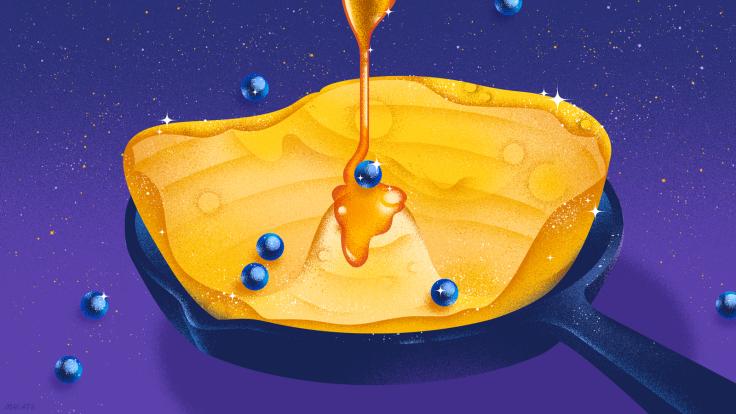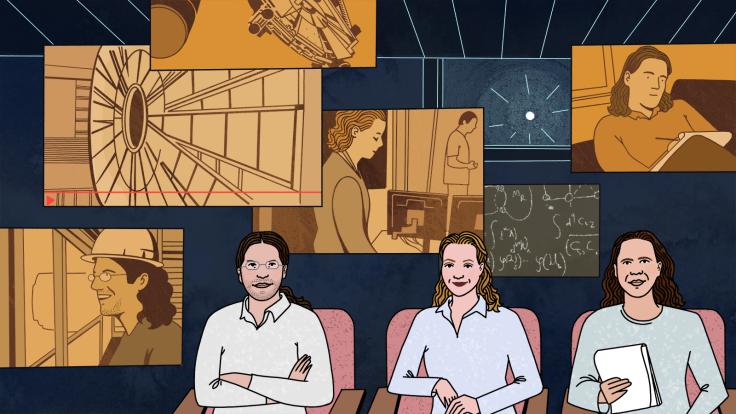What, no popcorn?

Though scientists are skeptical of the suggested particle's existence, the results from Legnaro need to be checked, says Chou, who strayed from his usual area of researchcosmology to help put the project together. "It's unlikely but not impossible. Most particle physicists spend at least a few hours a day looking at a computer screen. In their free time, however, many prefer the "silver screen."
At Fermilab, the International Film Society fills this need each month by presenting films from around the world. A showing of Wes Anderson's off-beat comedy The Life Aquatic with Steve Zissou kicked off the society's new season this summer.
The origins of the film society go back to 1971. The group's most important goal is "to provide a relaxed atmosphere where we can interact with our colleagues and be entertained by a good movie," says scientist Tania Moulik, who chairs the society. "Many films provide a window to different cultures, promoting understanding and providing a ground for common discussion among viewers from diverse cultures," she says especially important in a large, international community such as Fermilab's.
The public is invited as well, and people stay to discuss a film after its showing. This season, offerings range from the Charlie Chaplin classic The Great Dictator to the contemporary Donnie Darko.
So, lean back and enjoy the show. Just don't ask for popcorn: Fermilab's Ramsey Auditorium is a food-free environment.
J. Bryan Lowder
Click here to download the pdf version of this article.






